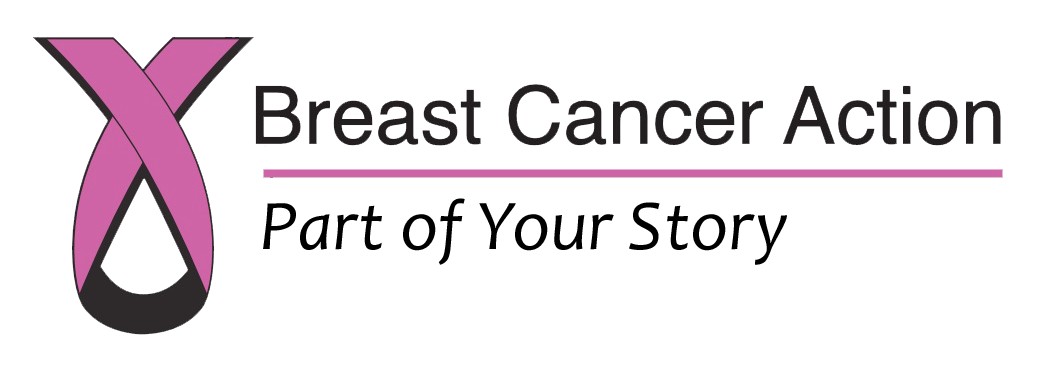How to Maximize Your Recovery
Breast Cancer Surgery: How to Maximize your Recovery
This 1-hour webinar is for both those who are awaiting breast cancer surgery and for those recovering from surgery.
In this webinar we will discuss:
- Common types of breast cancer surgeries*
- Normal post-operative symptoms
- Exercises to restore shoulder mobility (weeks 0-4 post-op)
- When to seek extra help
(*Note we will NOT be discussing breast reconstruction during this webinar)
Webinar Structure:
- 30-minute presentation
- 30-minute Q&A
What to Bring:
- Your questions
- Wear comfortable clothing so you can try some of the exercises
Your Presenter
Natalie Morris, PT
Natalie graduated from the University of Ottawa in 2007 and began working in oncology and lymphedema management in 2013. There, she discovered her passion for helping men and women who are living with cancer manage side effects related to treatment. Natalie soon discovered that many of her clients were equally struggling with pelvic floor dysfunction and pursued additionally training to be able to better serve this population.
As a physiotherapist and yoga teacher, Natalie’s goal is to provide one on one physiotherapy services to clients in a supportive and compassionate setting. She believes that successful rehabilitation requires a thorough assessment, proper communication, engagement and thoughtful treatment planning. In order for optimal recovery to occur, the whole person and the whole body need to be taken into account.

Moderator

Where you can find Beth:
Beth Hoag, PT, CLT
Beth has been a physiotherapist since 2005. Having grown up with a mother living with metastatic breast cancer, Beth has always been passionate about supporting individuals during cancer treatment and beyond. With a strong background in orthopaedics and the fitness industry, Beth’s practice has focused on cancer rehabilitation since 2008. Since 2015, Beth has run her own practice, focusing on integrative cancer rehabilitation, including lymphedema and pelvic health.
Beth uses an integrative approach, considering the whole person, to identify and treat the root cause of her clients’ problems. She believes in empowering people with the tools they need to live well during and after cancer. She has also become a strong advocate for cancer rehabilitation, including pelvic health and lymphedema management, and is passionate about educating others about how cancer rehabilitation can help.
